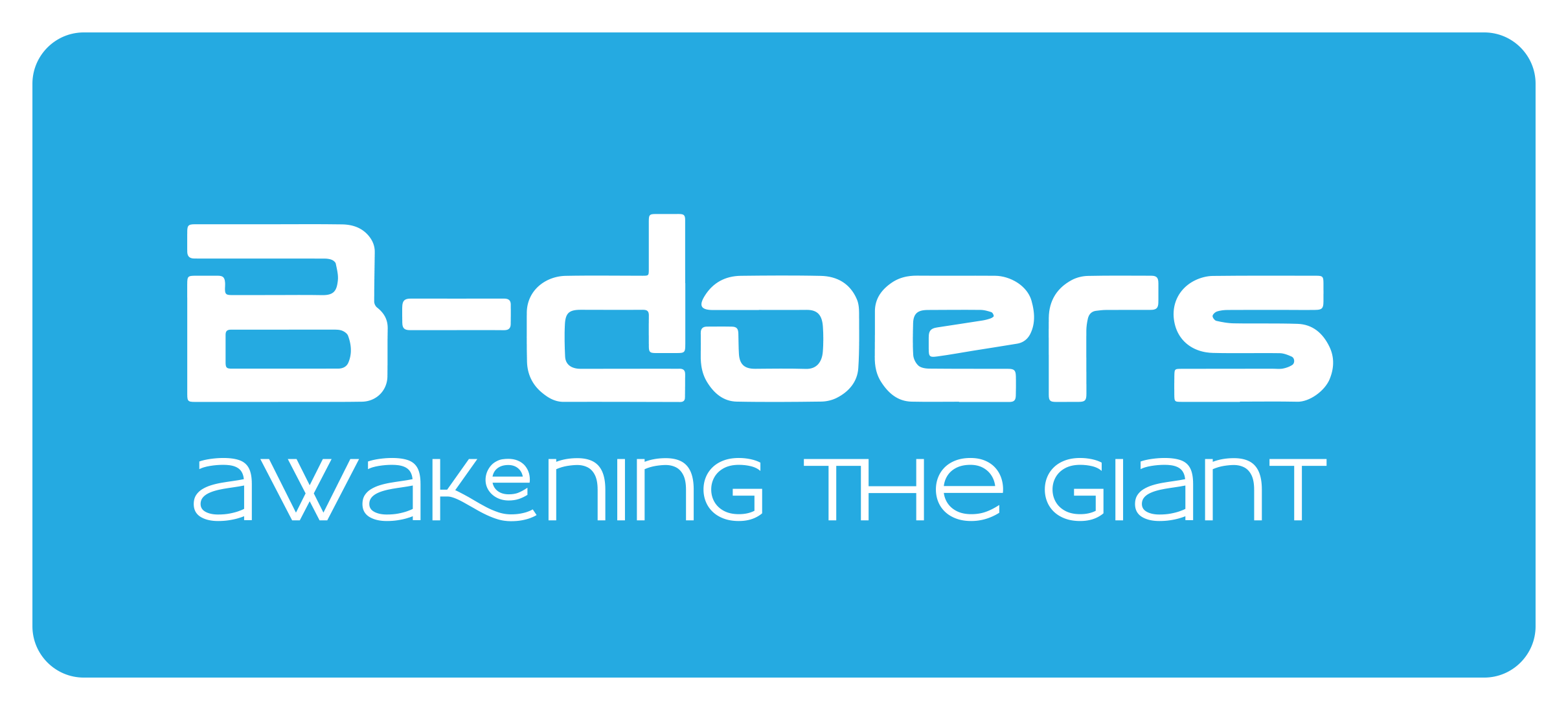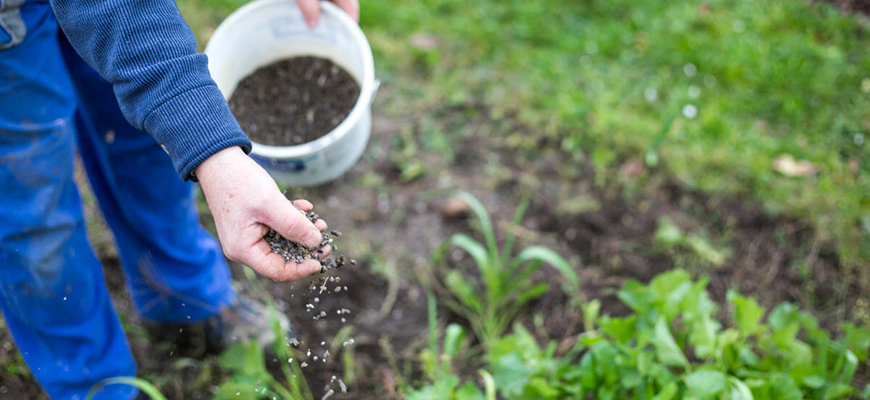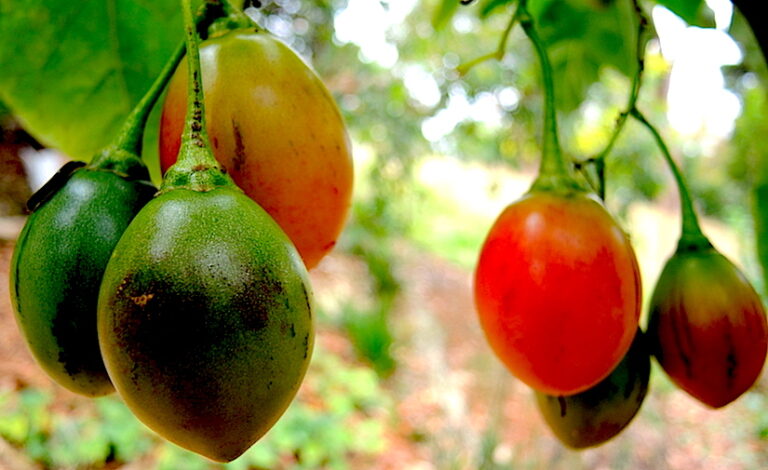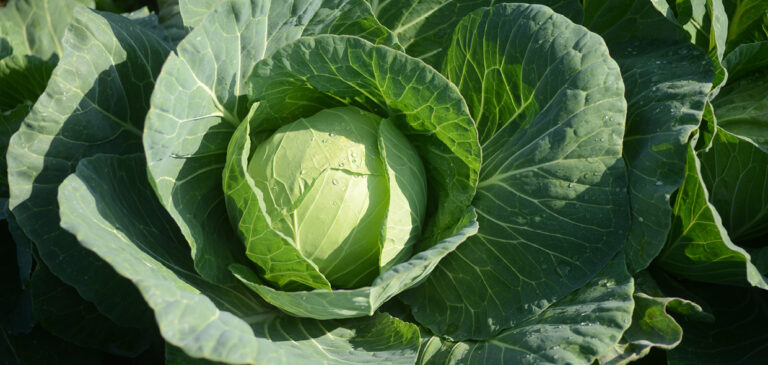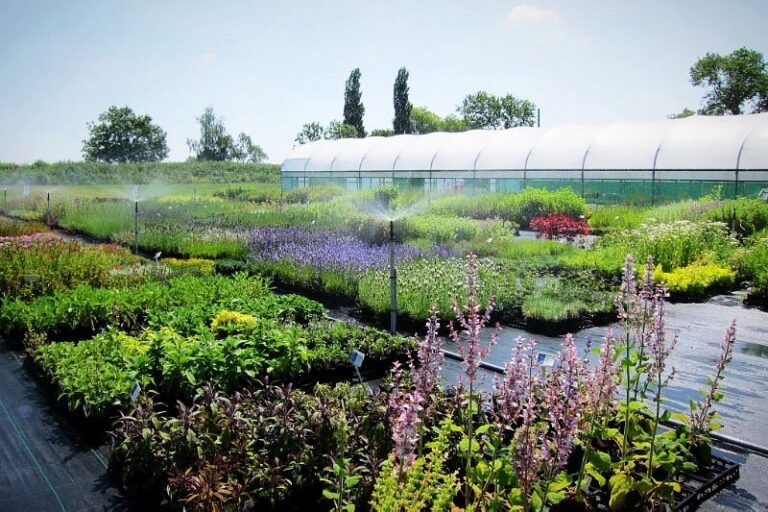Bone Fertilizer Production
Introduction
This business plan outlines the proposal for the establishment of a fertilizer production plant in Africa. The plant will produce organic fertilizers made from animal bones, which are commonly found as waste in many African countries. The fertilizer production plant will utilize an eco-friendly and sustainable process that does not harm the environment. The plant’s primary objective is to meet the growing demand for organic fertilizers in the African agriculture sector, which is expected to grow rapidly in the coming years.

Market Analysis:
Africa’s population is projected to reach 2.5 billion by 2050, which is expected to drive a surge in demand for food production. The use of organic fertilizers has been on the rise in recent years due to increased awareness of the environmental impacts of synthetic fertilizers. There is a growing demand for organic fertilizers in African countries due to the depletion of soil nutrients and increased food production needs. The use of bone meal as a source of organic fertilizer has been successful in many parts of the world and has the potential to be a significant source of organic fertilizer in Africa.
Production Process:
The proposed production process for bone fertilizer involves grinding the animal bones into a fine powder and mixing it with other organic materials, such as manure or crop residue. The mixture is then processed through a composting process, which produces a high-quality organic fertilizer. The production process is sustainable and eco-friendly, as it recycles waste products and reduces the use of synthetic fertilizers.
Marketing and Sales:
The main target market for the bone fertilizer produced in the plant will be farmers and agribusinesses in African countries. The company will market its products through various channels, including online sales, agricultural fairs, and demonstrations in rural areas. The company will also collaborate with agricultural extension officers and NGOs to educate farmers on the benefits of organic fertilizers and the availability of the bone fertilizer product.
Financial Plan:
The proposed bone fertilizer production plant will require a startup capital of $500,000. The funding will cover the purchase of land, equipment, raw materials, and operating expenses for the first year. The company’s revenue streams will come from the sale of organic fertilizers produced in the plant. The estimated revenue for the first year of operation is $1,200,000, with an expected profit of $400,000. The company plans to reinvest its profits to expand its production capacity and increase market share in the African organic fertilizer market.
Conclusion:
The establishment of a bone fertilizer production plant in Africa is a viable business venture that has the potential to create employment opportunities, reduce environmental degradation, and improve food production. The business plan proposes an eco-friendly and sustainable process that addresses the growing demand for organic fertilizers in the African agriculture sector. The project’s success will depend on efficient management, effective marketing strategies, and continued product innovation to meet the changing needs of the market.
Here’s an example of a projected profit and loss statement for the first year of operation for a bone fertilizer production plant in Africa:
| Income Statement | Year 1 (USD) |
| Revenue | 1,200,000 |
| Cost of Goods Sold | 600,000 |
| Gross Profit | 600,000 |
| Operating Expenses | |
| Salaries and Wages | 150,000 |
| Rent and Utilities | 60,000 |
| Marketing Expenses | 50,000 |
| Insurance | 10,000 |
| Depreciation | 50,000 |
| Total Operating Expenses | 320,000 |
| Operating Income | 280,000 |
| Other Income | 10,000 |
| Interest Expense | 20,000 |
| Income Before Taxes | 270,000 |
| Taxes | 70,000 |
| Net Income | 200,000 |
Note that this is a projection, and actual results may differ based on a variety of factors, including market conditions, operational efficiency, and other unforeseeable events.
